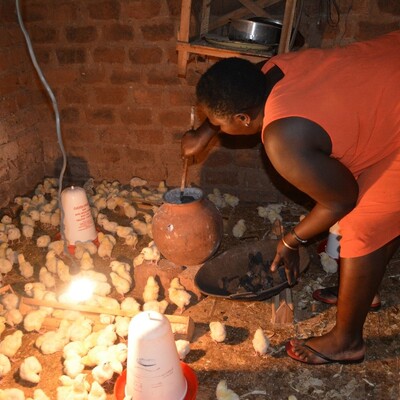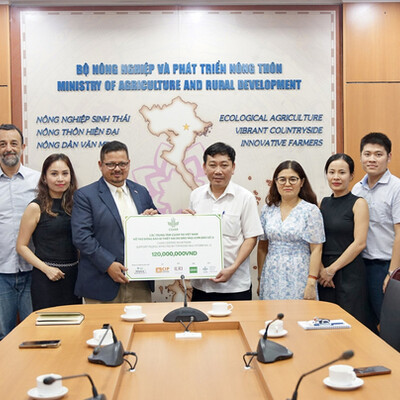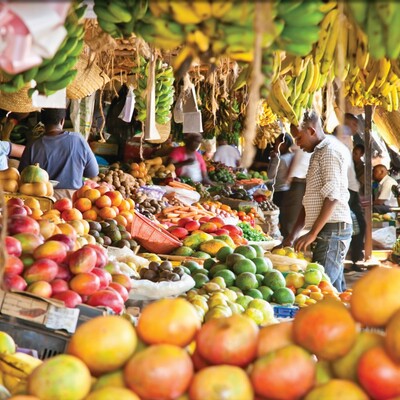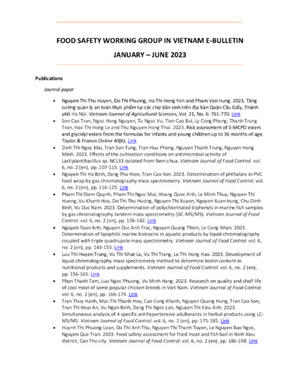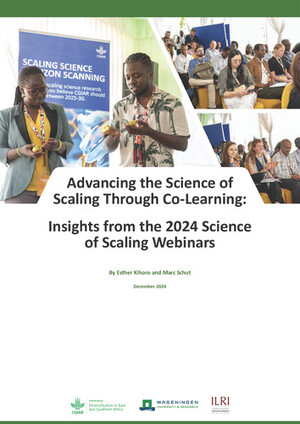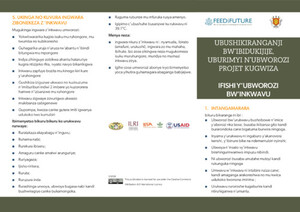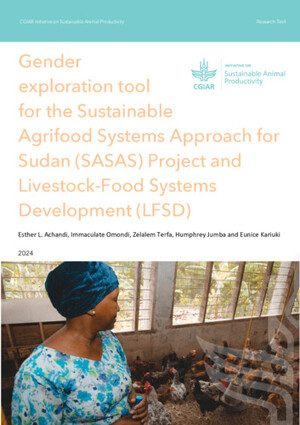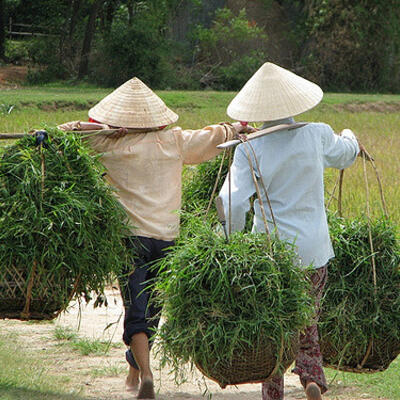
International Land Coalition national engagement strategy launched in Cameroon
Written by Musa Unman Ndamba
On 29 and 30 November 2018, a rangelands working group (RWG) for Cameroon was launched in Yaoundé as part of a national engagement strategy (NES) of the International Land Coalition (ILC). The launching workshop, which was organized by the Mbororo Social and Cultural Development Association (MBOSCUDA), was attended by more than 30 leaders from local civil society organizations working in rangelands governance, rangelands practitioners, government functionaries, researchers and academia.
The launching workshop aimed to come up with a plan for developing a vibrant and sustainable civil society-driven RWG that could raise the profile of rangelands governance issues in national discourse as well as better engage policymakers in policy dialogue.

Participants gathered for the launch of the Rangelands Working Group, Yaoundé, Cameroon (photo credit: MBOSCUDA/Musa Unman Ndamba).
The workshop also served as an opportunity to raise awareness and build capacities of participants on rangelands, pastoralism and the challenges faced by pastoralists, as well as the legal and policy instruments and other opportunities that exist nationally and internationally on rangelands governance. The participants were also given an introduction to and guidance on multi-stakeholder platforms such as NES and what role they can play in connecting and mobilizing different organizations and stakeholders, and influencing policy and legislation.
Speaking at the workshop, El Hadj Manu Gidado, secretary general of the Ministère de l’Élevage des Pêches et Industries Animales (Ministry of Livestock, Fisheries and Animal Industries) Cameroon, called on participants to come up with a vibrant and sustainable platform for rangeland governance.
The rangelands working group is expected to promote an inclusive and participatory governance of rangelands in Cameroon. Specific objectives of the RWG are to:
• consolidate the achievements in rangelands governance in Cameroon to date
• influence rangelands policy by engaging with the government and other stakeholders
• facilitate the securing of rangelands in Cameroon through conception and design of projects in rangelands
• connect national stakeholders with each other and with international partners working on rangelands
• connect to the Africa and global components of the ILC Rangelands Initiative in order to share experiences with other ILC members, and influence continental and global processes.
The RWG will have local, regional and national representation. Initially, it will be accommodated under the NES platform and will be a think tank of experts on rangelands governance issues. It will meet regularly – initially three times per year – to review ground covered, plan and strategize the way forward.
MBOSCUDA will lead the RWG building on its good track-record of engagement with the ILC Rangelands Initiative, and will also host the working group’s coordinator. The thematic areas of intervention will be in line with those of the Rangelands Initiative including land tenure and governance, mobility and rangelands restoration. Membership will be open to NES Cameroon civil society organizations (CSOs) as well as other individuals, organizations, pastoralist CSOs, academia and researchers who have competences and capacities in rangelands governance.
Initially the group will rely on contributions from member organizations to fund meetings and activities while actively seeking funding from donors and organizations through responding to bids and tenders.
Going forward, the RWG will work to ensure a smooth collaboration with NES and minimize duplication of efforts, secure funds through member contributions, NES and other funding sources, and ensure transparency and accountability in the management of its resources. The ultimate aim of the RWG is to evolve and grow into a national platform on rangelands.







